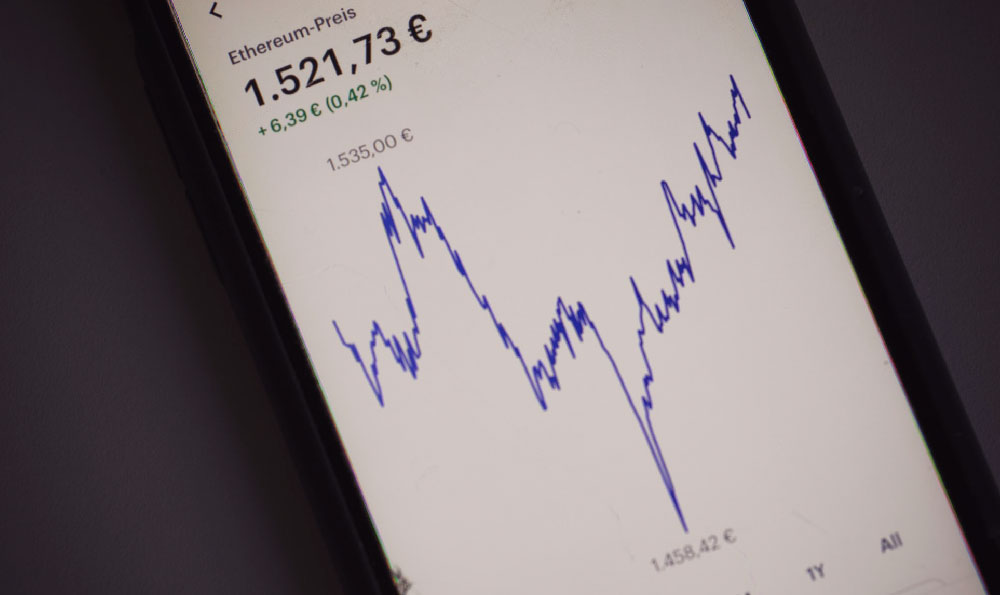How did Trump make his money, and how did he keep it?
Okay, I understand. Here's an article exploring how Donald Trump made and preserved his wealth, keeping in mind your requests for a detailed, non-point-form, and engaging narrative, written in English:
Donald Trump's financial journey is a complex and often debated topic, characterized by both remarkable successes and significant setbacks. He amassed his fortune primarily through real estate development, leveraging his family's existing wealth and brand name to build a global empire. His path to riches wasn't simply a straight line of upward progression; it involved periods of boom and bust, shrewd deal-making, and aggressive marketing strategies. Understanding how he accumulated and maintained his wealth requires a look at several key aspects of his business career.
Trump's initial financial advantage stemmed from his father, Fred Trump, a successful real estate developer in New York City. Fred Trump primarily focused on building and managing affordable housing in Brooklyn and Queens. Donald, however, had grander ambitions. He saw opportunities in Manhattan's high-end real estate market. He received what he often describes as a "small loan" of $1 million from his father, a figure that has been disputed and is likely a considerable understatement when considering the totality of financial support provided over the years. This initial capital, coupled with Fred Trump's connections and expertise, served as a crucial launching pad.

One of Trump's earliest and most significant ventures was the development of the Grand Hyatt Hotel near Grand Central Terminal. He secured a partnership with the Hyatt Corporation and negotiated favorable tax abatements from the city of New York. This project showcased his ability to identify undervalued properties and transform them into profitable ventures. It also demonstrated his skill in leveraging debt to finance large-scale developments, a practice that would become a hallmark of his business strategy.
The 1980s saw Trump's empire expand rapidly. He acquired landmark properties such as Trump Tower on Fifth Avenue, a symbol of his wealth and ambition. This project, and others like it, relied heavily on debt financing. Trump utilized high-yield bonds, often referred to as "junk bonds," to raise capital, allowing him to pursue increasingly ambitious projects. This approach amplified his potential profits, but also significantly increased his financial risk.
Beyond real estate, Trump diversified into other ventures, including casinos in Atlantic City. He invested heavily in these properties, but the casino market proved volatile, and his companies eventually faced financial difficulties. This period highlights a key aspect of Trump's business history: a willingness to take significant risks, sometimes with less than stellar results. His casinos accumulated significant debt, and ultimately, several of them filed for bankruptcy.
The "Trump" brand became a powerful asset in itself. He licensed his name to numerous projects, including hotels, condominiums, and various consumer products. This licensing strategy allowed him to generate revenue without necessarily investing significant capital. The value of the Trump brand, however, has fluctuated over time, particularly in response to his political career and public statements.
Navigating periods of financial distress was a crucial part of Trump's wealth preservation strategy. He employed various tactics to restructure debt, negotiate with creditors, and avoid personal bankruptcy. These strategies often involved complex legal maneuvers and aggressive negotiation tactics. He has filed for corporate bankruptcy multiple times, but has never personally filed for bankruptcy. This distinction is important, as it allowed him to protect his personal assets while his companies restructured their debts.
Tax strategies have also played a significant role in preserving his wealth. Tax laws allow for various deductions and credits that can significantly reduce taxable income. Real estate developers, in particular, can benefit from depreciation deductions and other tax advantages. The details of Trump's tax returns have been subject to considerable scrutiny, revealing both legal tax avoidance strategies and potentially questionable practices.
The success and longevity of Trump's wealth also rests on a network of loyal advisors and legal teams. These professionals provide expertise in areas such as real estate law, tax law, and financial management. Their guidance is crucial for navigating the complex legal and financial landscape of his business empire.
Moreover, the cyclical nature of the real estate market has inevitably impacted Trump's wealth. Economic downturns can significantly reduce property values and rental income, while periods of economic growth can lead to significant appreciation. His ability to weather these cycles, through strategic debt management and diversified investments, has been key to preserving his wealth over the long term.
In conclusion, Donald Trump's wealth creation and preservation involved a combination of factors: inherited wealth, shrewd deal-making, aggressive marketing, strategic debt management, brand licensing, and legal expertise. While his business ventures have experienced both successes and failures, his ability to navigate financial challenges and leverage opportunities has been instrumental in building and maintaining his considerable fortune. His story serves as a case study in the complexities of wealth creation and preservation in the world of real estate and beyond, demonstrating that risk-taking, brand management, and strategic adaptation are critical components of long-term financial success, albeit with the ever-present specter of potential financial pitfalls. The use of bankruptcy laws to restructure debt, while controversial, has also played a role in allowing him to recover from financial difficulties and rebuild his empire.















